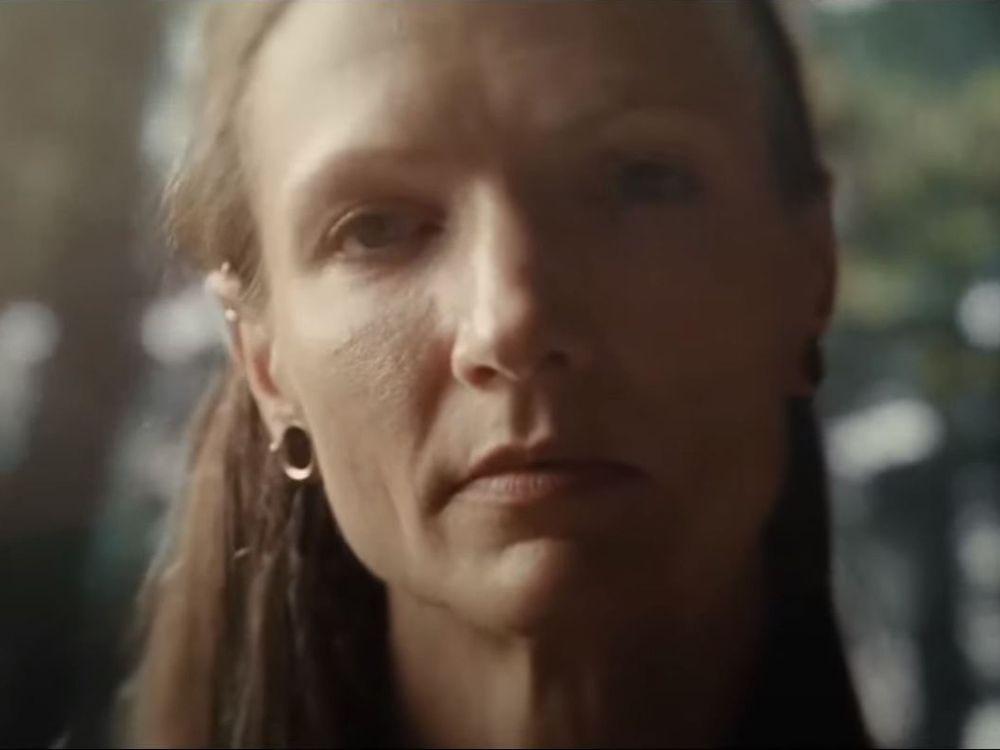Power Raid
We Exist To Win Premierships
The police seize tonnes of heroin every year - a massive heroin overdose would be free, foolproof and painless
Tasmania is the largest grower of legal heroin on the planet
Follow along with the video below to see how to install our site as a web app on your home screen.
Note: This feature may not be available in some browsers.
The police seize tonnes of heroin every year - a massive heroin overdose would be free, foolproof and painless
When we travelled through there - fields full of poppies - i pulled the car up and was just WOWTasmania is the largest grower of legal heroin on the planet
Opium producing poppies. You don't grow heroin.Tasmania is the largest grower of legal heroin on the planet
You are a factual heroine!Opium producing poppies. You don't grow heroin.
The police seize tonnes of heroin every year - a massive heroin overdose would be free, foolproof and painless
Would certainly allow people to go out on a...high...
The concept of enduring power of consent is fraught with risk and danger when it's an objective win for all parties that a dementia sufferer is euthanised, unless the person who is having their life ended doesn't want it.
The image of a person screaming no no no while they are sedated and euthanised is horrific but highly likely in circumstances of dementia. They regress, they become insular and intolerant of discomfort.
And I say this as someone who saw this first hand, and was relieved for everyone when nature came early for that person.
Dementia is like an alien parasite lodging in the brain slowly consuming the person and trying to cover for the shortfall in capability. Eventually they are just a shell.
It's not really them anymore. But I think you can make the case that at THAT point the person who consented to the medical intervention death is already dead and a new person is left who has their own perspective and feelings and desires.
I'd be curious how many cases of euthanasia would no longer be required if someone at that point could be declared legally deceased, not medically deceased, so their estate can be accessed, life insurance etc.
the emotional diatribe that comprised most of your post is so familiar. mainly from religious zealots who have only one real interest and that’s inflicting their views on others. and your offensive last para not only illustrates how naive and uninformed (dare I say indoctrinated) you are about the issue at hand but so much about you as an individual.
for the more open-minded, it's reasonable to say that it's a more fraught area than someone with a terminal condition and in uncontrollable physical pain where progress with assistance has been made in every state. that said, a person while fully capable and having seen the ravages that dementia can afflict peeps should have the right to make the call in advance should that condition ever befall them. no one else has the right to inflict their values on them. we have choices over health matters during our lives but others want to take it away from us when it comes to the way our lives end. it's our life, no one else’s.
i called your initial emotional rant as diatribe cos that's what it largely was. and the contents were reminiscent of what you get from religious zealots. if it quacks like a duck, waddles like a duck, looks like a duck it's a.....
and now you make a call on having seen alzheimers (which incidentally comes in many forms) as if it has more meaning to you than me or others. most peeps have experience to a greater or lesser extent. a greater extent in my case.
let's cut to the chase. if you make the decision while capable of wanting to live through the trauma of alzheimers then i'd wholeheartedly support you in your choice. as i would if you, unfortunately, are afflicted with a terminal physical illness that causes unrelievable suffering and your choice is to bear it. so don’t attempt to deny me the option in the law of the right of making a different choice in the matter of alzheimer's.
as journo pamela bone, who had a life-changing medical event afflict her wrote: "we have autonomy over every aspect of our lives. why then should we not have autonomy in the matter of how our lives end"
and there are protections built into euthanasia legislation. it's just that you lack knowledge.
my life, my choice

